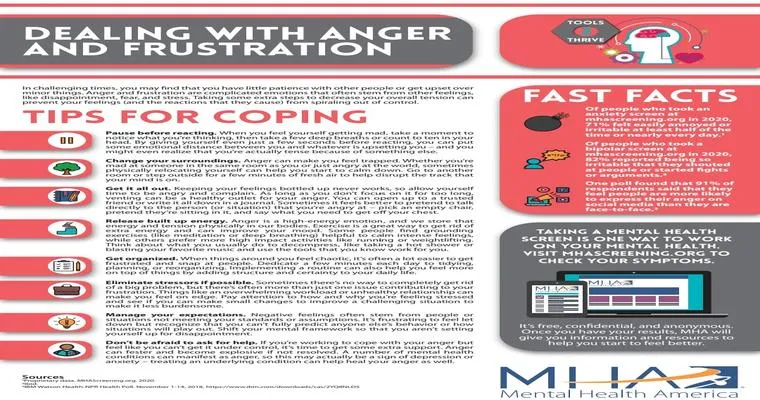Caregiving stress and perimenopause can create a "perfect storm" for many individuals, especially women who are often the primary caregivers in their families. The "challenges of caregiving" can lead to emotional and physical strain, while the hormonal changes associated with "perimenopause" can exacerbate these feelings of overwhelm. As both of these factors intertwine, they can significantly impact mental health and overall well-being.
The Intersection of Caregiving and Perimenopause
The role of a caregiver is rewarding but can be incredibly demanding. Whether you are caring for aging parents, spouses, or children with special needs, the responsibilities can pile up, leading to feelings of "stress" and "anxiety". On top of this, many women enter perimenopause in their late 30s to early 50s, a time characterized by fluctuating hormones, hot flashes, sleep disturbances, and mood swings.
These two life stages often collide, creating a unique set of challenges. The stress from caregiving can amplify the symptoms of perimenopause, making it feel like a never-ending cycle of fatigue and emotional turmoil.
Understanding Caregiving Stress
Caregiving stress can manifest in various ways, including physical exhaustion, irritability, and feelings of helplessness. Caregivers often neglect their own health and well-being while focusing on the needs of others. This can lead to burnout, making it difficult to provide the necessary care in the long run.
Recognizing the signs of caregiving stress is crucial. Common symptoms include:
Constant fatigue
Sleep disturbances
Increased anxiety and depression
Physical ailments such as headaches or stomach issues
It's important for caregivers to acknowledge these symptoms and seek support when needed, whether through counseling, support groups, or respite care.
The Impact of Perimenopause
Perimenopause can bring about a range of symptoms that can complicate the already challenging role of a caregiver. Fluctuating hormone levels can lead to mood swings, depression, and heightened anxiety. These symptoms can be particularly challenging when paired with caregiving responsibilities.
Women in perimenopause may also experience:
Hot flashes
Night sweats
Memory issues
Decreased libido
These changes can sap energy and focus, making it difficult to juggle the demands of caregiving effectively.
Strategies for Managing the Perfect Storm
Navigating the dual challenges of caregiving stress and perimenopause requires a proactive approach. Here are some strategies to help alleviate the pressure:
1. "Prioritize Self-Care": It's essential for caregivers to take time for themselves. This can include regular exercise, healthy eating, and setting aside moments for relaxation.
2. "Seek Support": Connecting with other caregivers can provide a sense of community and understanding. Consider joining local support groups or online forums.
3. "Communicate Openly": Share your feelings with family members and friends. They may be able to offer assistance or simply lend an ear.
4. "Consult a Healthcare Professional": If perimenopause symptoms become overwhelming, consider discussing them with a healthcare provider. They can offer guidance on managing symptoms effectively.
5. "Set Boundaries": Learn to say no when necessary. It’s okay to prioritize your needs and well-being.
Conclusion
The combination of caregiving stress and perimenopause can indeed feel like a "perfect storm", but it is possible to find balance and support. By prioritizing self-care, seeking help, and acknowledging your own needs, you can navigate this overwhelming period more effectively. Remember that you are not alone, and there are resources available to help you through this challenging time.





